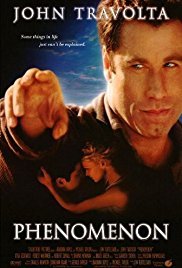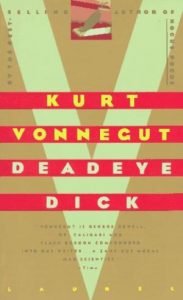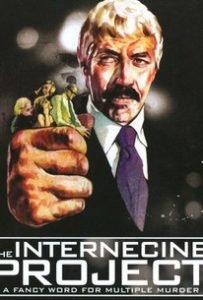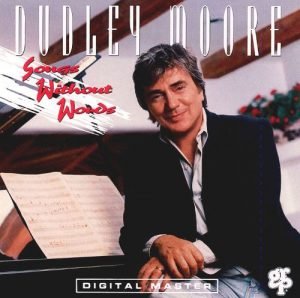 (1996, PG) John Travolta (George Malley), Kyra Sedgwick (Lace Pennamin), Forrest Whitaker (Nate Pope), Robert Duvall (Doc), Jeffrey DeMunn (Professor Ringold), Richard Kiley (Dr. Wellin), David Gallagher (Al), Ashley Buccille (Glory), Tony Genaro (Tito), Brent Spiner (Dr. Bob), Ellen Geer (Bonnie). Music: Thomas Newman. Screenplay: Gerald DiPego. Director: Jon Turteltaub. 123 minutes.
(1996, PG) John Travolta (George Malley), Kyra Sedgwick (Lace Pennamin), Forrest Whitaker (Nate Pope), Robert Duvall (Doc), Jeffrey DeMunn (Professor Ringold), Richard Kiley (Dr. Wellin), David Gallagher (Al), Ashley Buccille (Glory), Tony Genaro (Tito), Brent Spiner (Dr. Bob), Ellen Geer (Bonnie). Music: Thomas Newman. Screenplay: Gerald DiPego. Director: Jon Turteltaub. 123 minutes.
Tags: Uplifting, Love Story, Possibility
Notable: Brent Spiner cameo for comedic effect; Robert Duvall’s butt
Rating: ★★★★★
George Malley (Travolta) is a small-town simple guy – not stupid at all, just basic, direct, what a lot of people would call “ordinary.” On the night of his 37th birthday, he is suddenly struck by what seems like some sort of light from the night sky and is transformed into something beyond a genius. He no longer sleeps, reads several books every day, can absorb a language in minutes. He discovers that, as his gift grows, his old friends in town start to pull away from him; he becomes feared, isolated, and ostracized. The FBI, the colleges, the doctors, the intelligence services, the desperate, the angry, all target him in one way or another, trying to stop him from continuing or to get something from him. The one thing he knows is that the journey he’s on will not let him go, and that he must see it through to whatever end it may bring. Continue reading “Phenomenon”
 By Kurt Vonnegut
By Kurt Vonnegut





